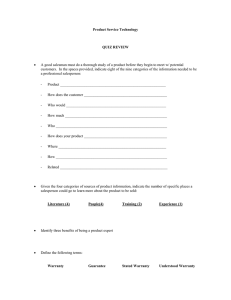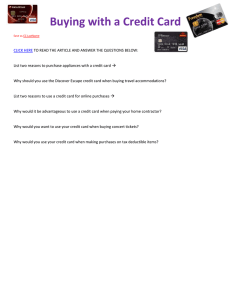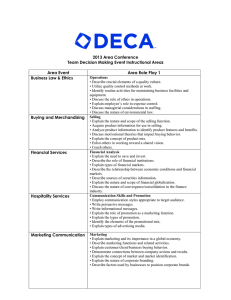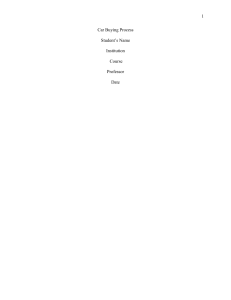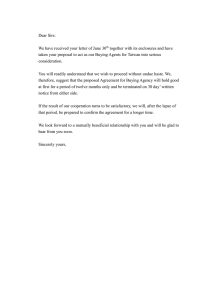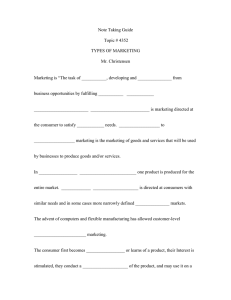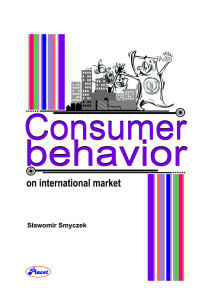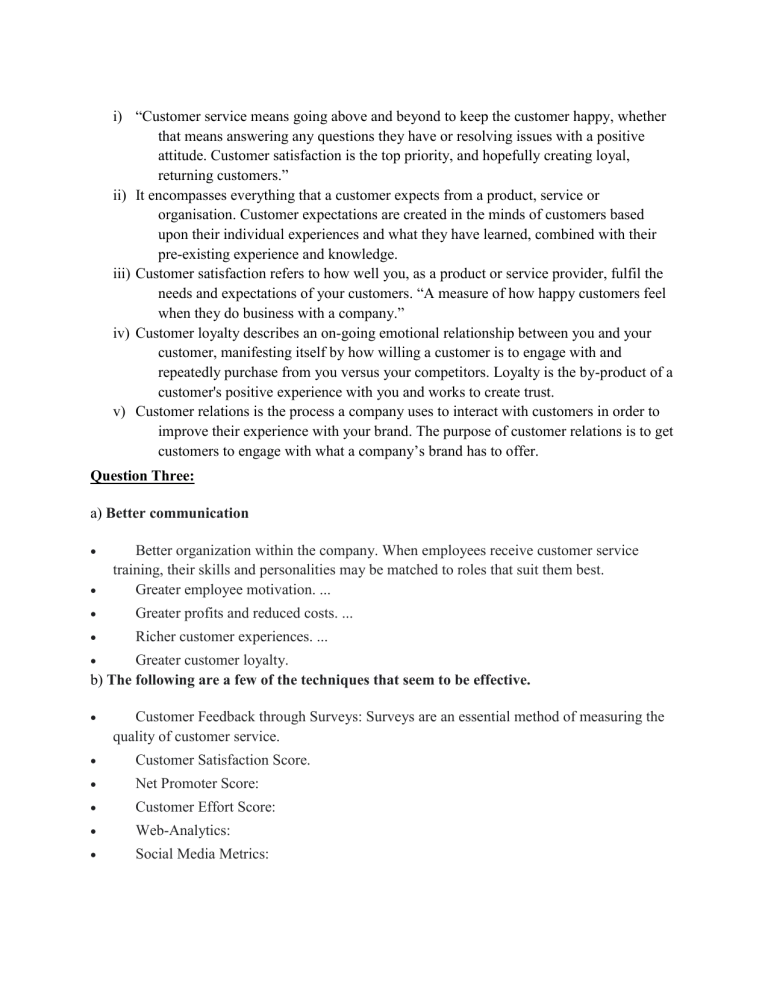
i) “Customer service means going above and beyond to keep the customer happy, whether that means answering any questions they have or resolving issues with a positive attitude. Customer satisfaction is the top priority, and hopefully creating loyal, returning customers.” ii) It encompasses everything that a customer expects from a product, service or organisation. Customer expectations are created in the minds of customers based upon their individual experiences and what they have learned, combined with their pre-existing experience and knowledge. iii) Customer satisfaction refers to how well you, as a product or service provider, fulfil the needs and expectations of your customers. “A measure of how happy customers feel when they do business with a company.” iv) Customer loyalty describes an on-going emotional relationship between you and your customer, manifesting itself by how willing a customer is to engage with and repeatedly purchase from you versus your competitors. Loyalty is the by-product of a customer's positive experience with you and works to create trust. v) Customer relations is the process a company uses to interact with customers in order to improve their experience with your brand. The purpose of customer relations is to get customers to engage with what a company’s brand has to offer. Question Three: a) Better communication Better organization within the company. When employees receive customer service training, their skills and personalities may be matched to roles that suit them best. Greater employee motivation. ... Greater profits and reduced costs. ... Richer customer experiences. ... Greater customer loyalty. b) The following are a few of the techniques that seem to be effective. Customer Feedback through Surveys: Surveys are an essential method of measuring the quality of customer service. Customer Satisfaction Score. Net Promoter Score: Customer Effort Score: Web-Analytics: Social Media Metrics: Question Four: a) Consumer Buying Behavior refers to the actions taken (both on and offline) by consumers before buying a product or service. This process may include consulting search engines, engaging with social media posts, or a variety of other actions. b) There are four psychological factors that influence consumer behaviour: Motivation, perception, learning, and attitude or belief system. Motivation speaks to the internal needs of the consumer. c) What are the 4 types of customer buying behavior? There are four types of consumer behavior: habitual buying behavior, variety-seeking behavior, dissonance-reducing buying behavior, complex buying behavior. Question Five: a) CRM is a technology for managing all a company's relationships and interactions with customers and potential customers. The goal being to improve business relationships. It helps companies stay connected to customers, streamline processes, and improve profitability. b) Five ways to build customer relationships and keep them coming back: i) Communicate. As a key to any good relationship, communication is an essential way to build customer relationships. ii) Exceed expectations. Your customers expect great products or services from you. iii) Ask for feedback. iv) Connect. v) Show appreciation. c) There are seven steps to build customer loyalty. 1. Know your customers (and let them know you). 2. Create a customer loyalty program. 3. Set up a referral program. 4. Play to your strengths and values. 5. Engage customers on social media. 6. Encourage customer feedback. 7. Store customers' data.
